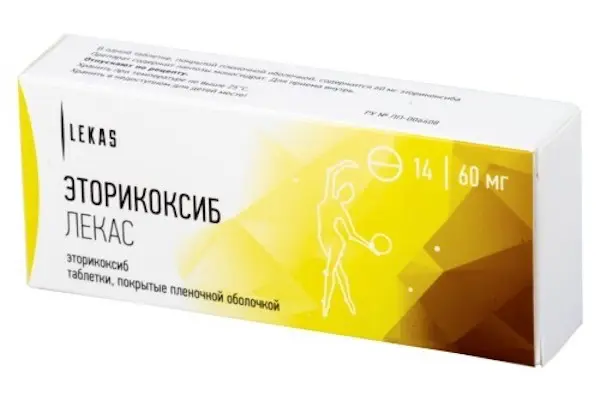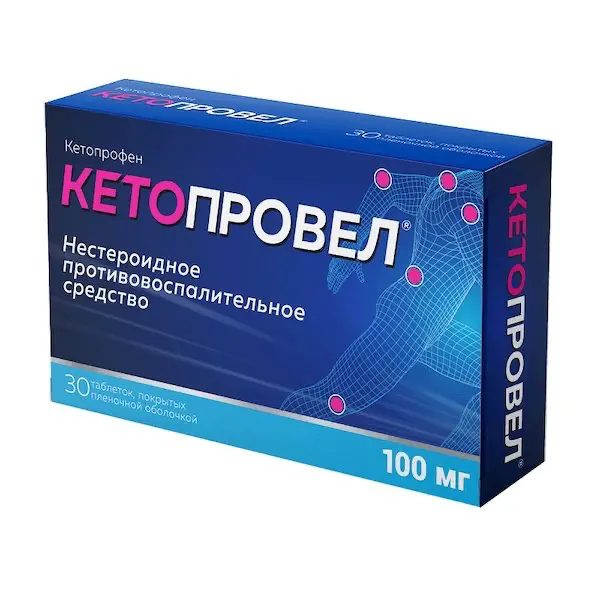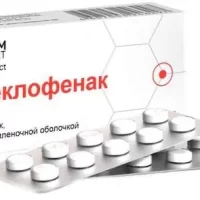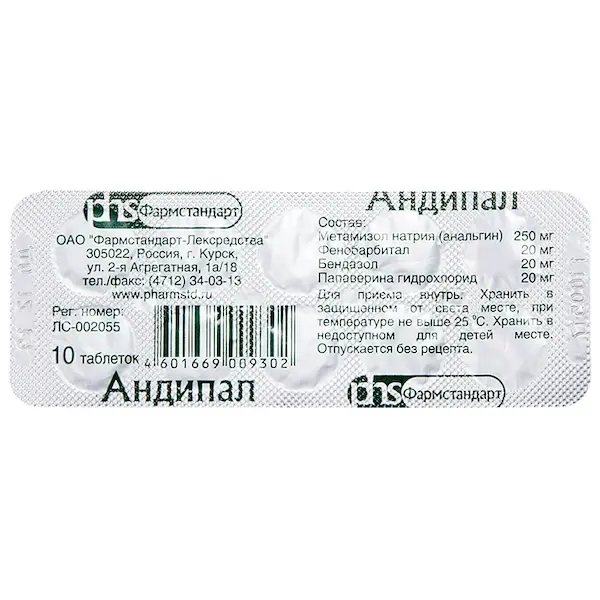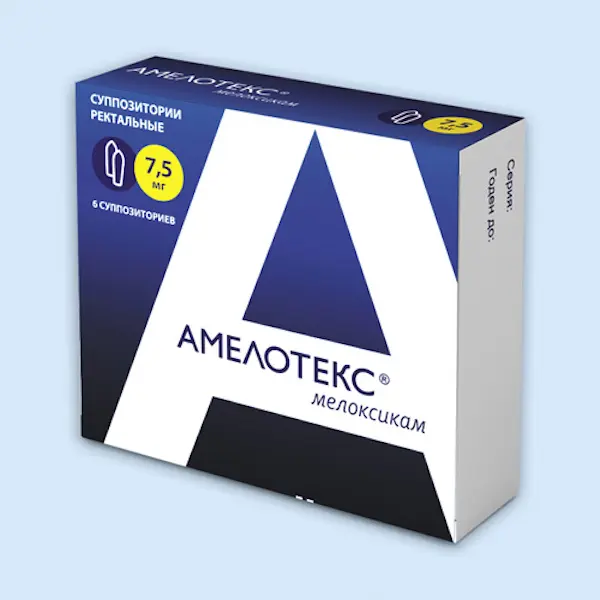Description
Etoricoxib Lekas tablets is a type of NSAID (non-steroidal anti-inflammatory drug) used to treat a variety of conditions, from mild to moderate pain to inflammation. The tablets are available in a variety of strengths and are used to treat pain and inflammation associated with osteoarthritis, rheumatoid arthritis, gout, and ankylosing spondylitis.
Etoricoxib-Lecas Pharmacodynamics
When administered orally at therapeutic concentrations, etoricoxib is a selective inhibitor of cyclooxygenase-2 (COX-2). In clinical pharmacological studies, etoricoxib inhibited COX-2 in a dose-dependent manner with no effect on COX-1 at a daily dose up to 150 mg. Etoricoxib does not inhibit the synthesis of prostaglandins in the gastric mucosa and does not affect platelet function.
Cyclooxygenase is responsible for the formation of prostaglandins. Two isoforms of cyclooxygenase, COX-1 and COX-2, have been isolated. COX-2 is an isoenzyme that is induced by various proinflammatory mediators and is considered the main enzyme responsible for the synthesis of prostanoid mediators of pain, inflammation and fever. COX-2 is involved in the processes of ovulation, implantation and closure of the arterial duct, regulation of kidney function and the central nervous system (induction of fever, sensation of pain, cognitive function), and may also play a role in the process of ulcer healing. COX-2 has been detected in the tissues surrounding gastric ulcers in humans, but its importance in ulcer healing has not been established.
Efficacy
In patients with osteoarthritis (OA), Etoricoxib Lekas tablets, when administered at a dose of 60 mg once daily, provided a significant reduction in pain and improvement in patients’ assessment of their condition. These favorable effects were observed on the second day of treatment and persisted for 52 weeks. Studies of etoricoxib at a dose of 30 mg once a day demonstrated a higher efficacy compared to placebo during the treatment period of 12 weeks (using similar methods of assessment). In a study conducted to determine the optimal dose, etoricoxib, when used at a dose of 60 mg, demonstrated significantly greater improvement than the 30 mg dose for all 3 primary endpoints after 6 weeks of treatment. The 30 mg dose has not been studied in hand joint OA.
In patients with rheumatoid arthritis (RA), Etoricoxib Lekas tablets, when administered at 60 mg and 90 mg once daily, provided both a significant reduction in pain and inflammation and improved mobility. In studies evaluating the 60 mg and 90 mg doses of etoricoxib, these favorable effects persisted for a treatment period of 12 weeks.
In patients with attacks of acute gouty arthritis, Etoricoxib Lekas tablets, when administered at a dose of 120 mg once daily for a treatment period of 8 days reduced moderate to severe joint pain and inflammation. The efficacy was comparable to that of indomethacin when used in a dose of 50 mg 3 times a day. Pain reduction was noted as early as 4 h after the start of treatment.
In patients with ankylosing spondylitis, Etoricoxib Lekas tablets at a dose of 90 mg once a day provided a significant reduction in back pain, inflammation, stiffness, as well as improved function. Clinical efficacy of etoricoxib was observed as early as the second day of treatment and was maintained throughout the entire treatment period of 52 weeks. In a second study comparing an etoricoxib 60 mg dose and a 90 mg dose, etoricoxib at 60 mg once daily and 90 mg once daily demonstrated similar efficacy compared to naproxen 1000 mg once daily.
In a clinical study of pain after dental surgery, Etoricoxib Lekas tablets in a dose of 90 mg once daily for 3 days was administered. In a subgroup of patients with moderate pain at baseline, etoricoxib had the same analgesic effect as ibuprofen at a dose of 600 mg (16.11 vs. 16.39 P=0.722), and was superior to the paracetamol/codeine combination at a dose of 600 mg/60 mg (11.00; P<0.001) and placebo (6.84; P<0.001) according to the overall first 6 h pain reduction score (TOPAR6). The proportion of patients who required rapid-acting pain medication within the first 24 h after taking the study drugs was 40.8% with etoricoxib at 90 mg, 25.5% with ibuprofen at 600 mg every 6 h, and 46.7% with the paracetamol/codein combination at 600 mg/60 mg every 6 h, compared with 76.2% in the placebo group. In this study, the median onset of action (perceived pain reduction) with etoricoxib at a dose of 90 mg was 28 min after drug administration.
- Treatment of chronic low back pain.
- Symptomatic therapy of osteoarthritis, rheumatoid arthritis, ankylosing spondylitis, pain and inflammation associated with acute gouty arthritis.
- Short-term therapy for moderate acute pain after dental surgery.
- The decision to prescribe a COX-2 selective inhibitor must be justified taking into account the overall risks for each individual patient (see sections “Contraindications” and “Special Indications”).
- Hypersensitivity to any component of the drug;
- Gastric and 12 duodenal ulcer in the acute stage or active gastrointestinal bleeding;
- complete or incomplete combination of bronchial asthma, acute rhinitis, recurrent nasal and paranasal sinus polyposis and intolerance to acetylsalicylic acid or intolerance to other NSAIDs (including anamnesis);
- pregnancy and breastfeeding;
- severe hepatic impairment (serum albumin <25 g/l or ?10 on the Child-Pugh scale);
- severe renal insufficiency (creatinine clearance (CK) <30 ml/min);
- Children under 16 years of age;
- inflammatory bowel disease;
- chronic heart failure (NYHA functional class II-IV);
- uncontrolled arterial hypertension with persistently elevated BP above 140/90 mmHg;
- confirmed coronary heart disease, peripheral arterial disease and/or cerebrovascular disease;
- lactase deficiency, lactose intolerance, glucose-galactose malabsorption;
- confirmed hyperkalemia;
- progressive renal disease.
- Orally, with a small amount of water and regardless of meals.
- The drug Etorikoxib should be used in the lowest effective dose for the shortest possible course.
- Osteoarthritis
- The recommended dose is 30 mg or 60 mg once daily.
- Rheumatoid arthritis
- The recommended dose is 60 mg once daily. In some patients with insufficient relief of symptoms, taking an increased dose of 90 mg once daily may improve efficacy. After the patient’s clinical condition has stabilized, it is reasonable to reduce the dose to 60 mg once daily by titration. Other treatment options should be considered if there is no increase in therapeutic effect.
- Ankylosing spondylitis.
- The recommended dose is 60 mg once daily. In some patients with insufficient symptomatic relief, taking an increased dose of 90 mg once daily may improve efficacy. After the patient’s clinical condition has stabilized, it is reasonable to reduce the dose to 60 mg once daily by titration. Other treatment options should be considered if there is no enhancement of the therapeutic effect.
- Chronic low back pain
- The recommended dose is 60 mg once a day. The duration of treatment should not exceed 12 weeks.
- Conditions accompanied by acute pain
- In conditions accompanied by acute pain, etoricoxib should be used only in acute symptomatic period.
- Acute gouty arthritis.
- The recommended dose is 120 mg once daily.
- The duration of use of the drug in a dose of 120 mg is not more than 8 days.
- Acute pain after dental surgery
- The recommended dose is 90 mg once a day. In the treatment of acute pain after dental surgery, the drug Etoricoxib should be used only in the acute symptomatic period, limited to a maximum duration of 3 days.
- Doses in excess of those recommended for each indication either have no additional efficacy or have not been studied. Thus:
- The daily dose for osteoarthritis should not exceed 60 mg;
- The daily dose for rheumatoid arthritis should not exceed 90 mg;
- daily dose in ankylosing spondylitis should not exceed 90 mg;
- daily dose for chronic low back pain should not exceed 60 mg; the maximum duration of treatment is limited to a period of 12 weeks;
- daily dose in acute gouty arthritis should not exceed 120 mg; the maximum duration of treatment is limited to a period of 8 days;
- daily dose for pain relief after dental surgery should not exceed 90 mg; with a maximum duration of treatment limited to 3 days.
- Since the risk of cardiovascular complications with selective COX-2 inhibitors may increase depending on the dose and duration of therapy, the shortest possible course and the lowest effective daily dose should be used. Periodic assessment of the patient’s need for symptom relief and their response to therapy should be performed (see section “Special Precautions”).
- Special patient groups
- Elderly patients
- Dosage adjustment is not required in elderly patients. As well as when using other drugs, caution should be exercised when using in elderly patients (see section “Special indications”).
- Patients with liver dysfunction
- Regardless of the indication for use, patients with mild hepatic impairment (5-6 points on the Child-Pugh scale) should not exceed the dose of 60 mg once daily. Patients with liver dysfunction of moderate severity (7-9 points on the Child-Pugh scale) regardless of the indication should not exceed the dose of 30 mg once daily.
- Caution is recommended in patients with moderate hepatic impairment, since clinical experience in this group of patients is limited. Due to the lack of clinical experience in patients with severe hepatic impairment (?10 points on the Child-Pugh scale) the drug is contraindicated for this group of patients (see section “Pharmacological properties”, subsection “Pharmacokinetics”, as well as sections “Contraindications” and “Special indications”).
- Patients with impaired renal function
- Dosage adjustment is not required in patients with CKD ?30 ml/min (see section “Pharmacological properties”, subsection “Pharmacokinetics”). Etoricoxib is contraindicated in patients with CK ?30 ml/min (see sections “Contraindications” and “Special indications”).
- Pediatric patients
- Etricoxib is contraindicated in children and adolescents under the age of 16 years (see section “Contraindications”).

